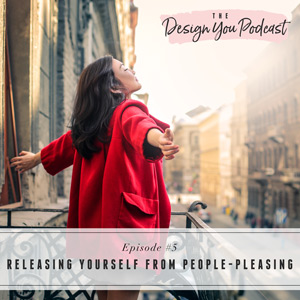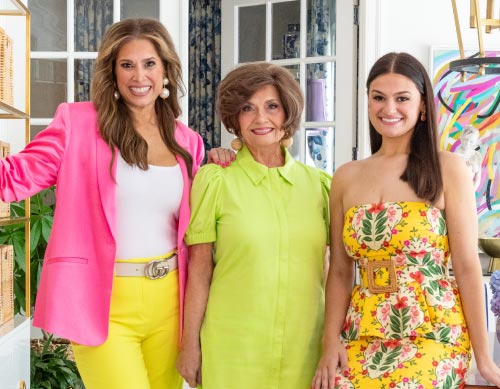
On last week’s show, we had a conversation about the Model and how you are responsible for your own feelings. Well, this episode is going to help you understand how that is true for every single person around you as well.
Let me ask y’all a question: Do you go out of your way to please the other people in your life? I suspect you do – and don’t feel bad because we all do it. Do you expect the other people in your life to please you too? I thought so…
This week, I’m calling all of us out on a habit that is not doing us any favors. And the first thing I want you to understand is that people-pleasing is completely optional. None of us are obliged or responsible to make other people happy. How many times have you done something you simply don’t want to do just to try and make somebody else stop being miserable?
Some of this might not be easy to hear, but tune in today and you’ll discover what’s going on in your thoughts that makes you run around trying to overcompensate for other people being in a bad place. Plus, you’ll learn how to challenge your people-pleasing behavior so you can stop doing it and find your own happiness.
To help you with this process of solving ANY problem that comes up, I created a great resource just for you. Click Here to download this FREE worksheet that will help you become aware of the thoughts you are thinking and how they may be holding you back from the life you want.












